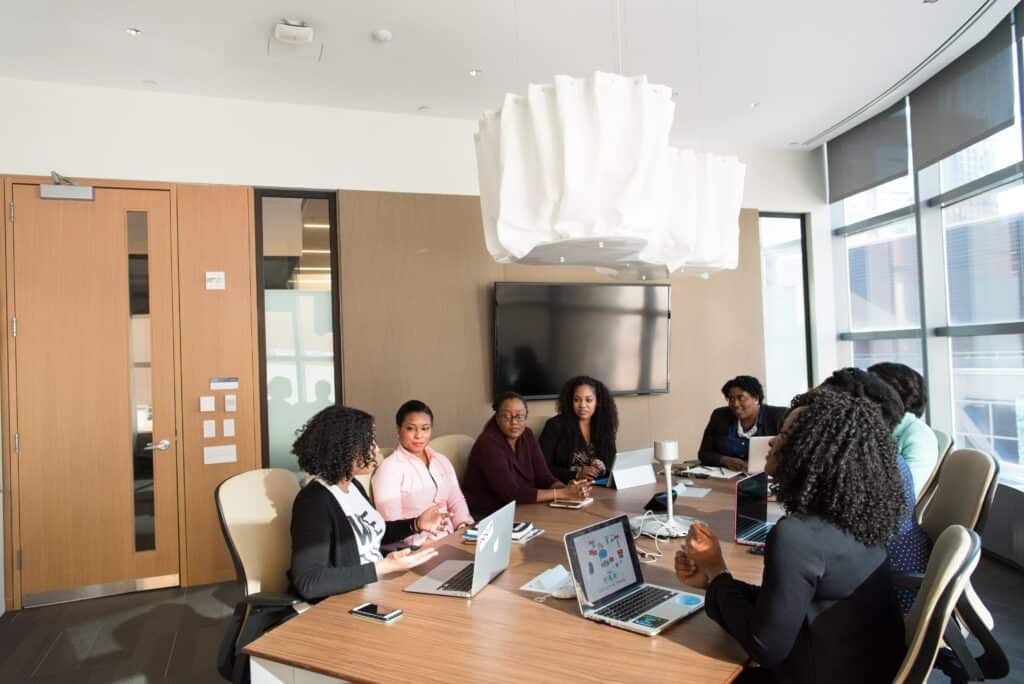As the pandemic marches into its next grim wave, there’s a maelstrom of events, from new skill needs to the changing employee expectations and a labour shortage that is threatening to reduce the availability of critical skills and capabilities. HR leaders understand they need to deploy the right mix of talent strategies to solve the skills gaps that threaten their organization. However, with a looming recession, budgets are being tightened and all functions must keep a sharp eye on costs.
When we look at how we develop leaders, one of the things that I’ve observed is that we spend a lot of time — and money — on “above the line” activities. Most leadership development programs focus on the skills and knowledge that leaders and managers need to be able to delegate or coach their team. While programs try to tap into shifting behaviours, it can be difficult to realize any meaningful change in a one-or-two day offsite. It’s the crux of why we don’t see a lot of leadership development stick.
While a one-to-one coach can be brought in to work on specific behaviour changes, it’s a high investment that, unfortunately, provides limited ROI. The truth of the matter is that when you’re in a classroom or working with an executive coach, you’re working on your own and it’s about you and your need. When people go off on these experiences and return, they are the only ones that have access to that learning or skill development. It’s a very siloed and solo approach to leadership development. Not very sustainable, nor scalable.
So, what’s an HR pro to do? How can you sustainably bridge the gap between existing capabilities and capacity and the desired future-state, in a way that is cost-effective?
Group coaching and mentoring can be a highly effective tool to rapidly accelerate needed skills and behaviours.
Leaders, Learning Together
In a group mentoring situation, everyone is simultaneously both a mentor and a mentee. While a more experienced leader might act as the facilitator, in our experience we’ve seen that learning and skills development flow both ways. By creating a space for the exchange of ideas around a topic, you are creating learning incubators.
The exciting part of this is that the leaders are building their capability and their capacity, but they’re doing it while on a collective journey. They’re not on their own, isolated, trying to shift behaviours. As part of a collective coaching and mentoring group, they have allies and colleagues around them who are there to support them and hold each other accountable.
Speed and Agility
Group coaching and mentoring can help accelerate learning. It creates an environment of trust where cross-functional leaders can openly exchange ideas and learn from the experiences of others, where they can talk through new strategies and have those a-ha moments. Along the way, your leaders and managers learn to listen, engage, and unleash the capabilities of others.
A group coaching approach to leadership development presses the pedal on the speed of learning, as cohort members can put what they’ve learned into practice the next day. It also provides the tools for the group participants to parlay their experience back to their teams. Not only do they amplify the collective intelligence and capacity of their teams, they are also create a ripple effect by cascading a coaching culture throughout an organization. This helps increase an organization’s agility during times of uncertainty.
For any organization that wants to engage their employees and create a type of sustainable, scalable mentoring system, these types of learning incubators are a catalyst for leaders to be a be the change makers throughout the organization.
If you’re curious about how The Roundtable can help your organization develop a culture where leaders can support each other through group coaching and mentoring, let’s start a conversation.




